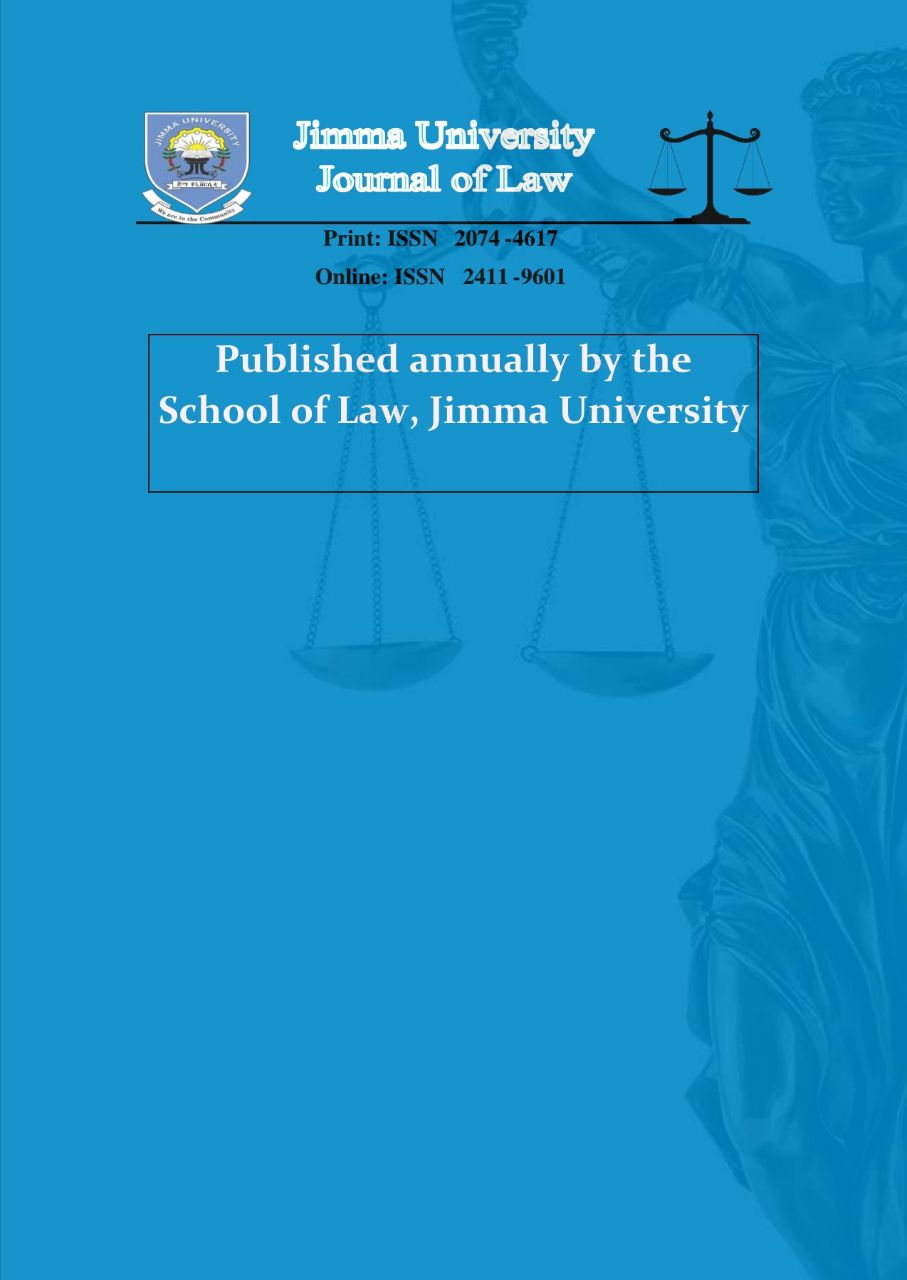Host States’ Police Power and the Proportionality Test in International Investment Law
Abstract
Capital exporting countries have effectively maintained the imbalance inherent in international investment law as they have better bargaining power in negotiating investment treaties. On the other hand, developing countries race to the bottom and undertake demanding investment related obligations to attract foreign direct investment. These countries are compromising their regulatory power as the terms they enter into would not allow them to take the necessary measures against foreign investors. The imbalance between the protection of investment and host states’ regulatory power has called for the development of balancing tools which aim at enabling host states to exercise their inherent regulatory power to achieve domestic policy objectives. One of such balancing tools is the proportionality test. The central question of this essay is: how far does the proportionality test counterbalance the imbalance inherent in international investment law. It has analyzed the proportionality test in investor-state arbitration procedures in light of the imbalance inherent in international investment law, the fragmented nature of international investment law and its institutions, and the host states’ regulatory power. This study shows that the proportionality test developed by the international investment dispute settlement system has manifested some positive developments but failed to effectively play a balancing role.




